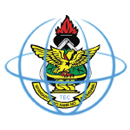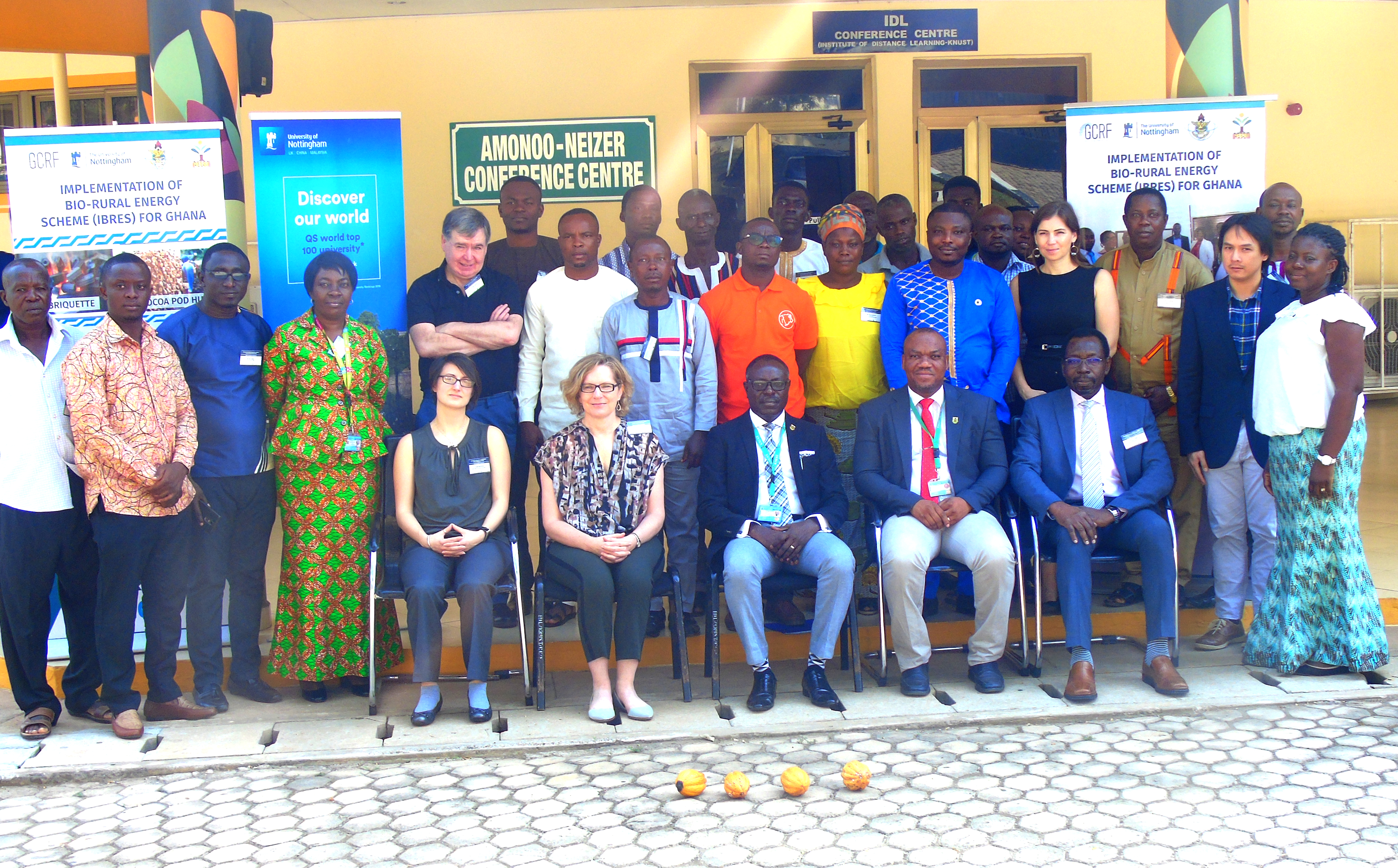On the 22nd of January 2019, The Brew-Hammond Energy Centre (TBHEC) in collaboration with the University of Nottingham, the Centre for Energy Environment and Sustainable Development (CEESD), and the Cocoa Health and Extension Division (CHED) organized an IMPACT ACCELERATION WORKSHOP. The objective of the workshop was to sensitize stakeholders and also identify key factors to consider in undertaking the “Implementation of Bio-Rural Energy Systems (IBRES) for Ghana” project.
During the workshop, presentations were made on pertinent topics vital to the success of the IBRES project. The topics discussed included: The use of cocoa pod husk (CPH) as a sustainable energy source in rural off-grid electrification; technology transfer of CPH equipment fabrication to local artisans;; national policy on biomass use for fuel and electricity generation, environmental impacts of CPH use for bio-energy; formation of bioenergy cooperatives for alternative uses of CPH; lessons from the Solar Nano-Grid (SONG) project; and cost effective pricing models for bioenergy generation.
The workshop shed light on the available technologies for CPH-to-bioenergy conversion in Ghana. It also addressed issues that might hinder the successful implementation of the IBRES project. It brought to light the memorandum of agreement to form cooperatives for beneficiaries of the project. And finally, the plan to install a 5kW power generation unit at KNUST for feasibility analysis was also out doored.

